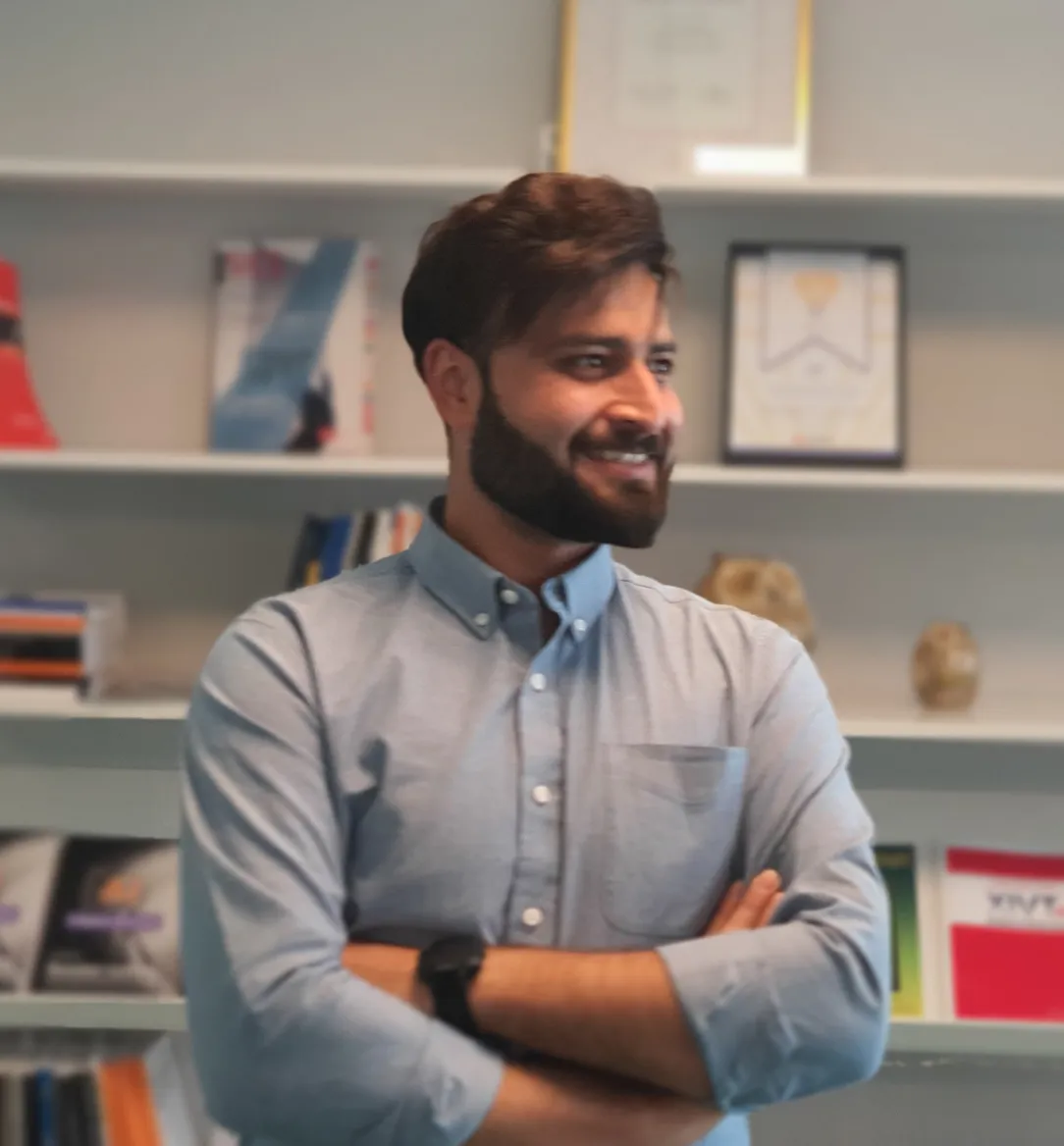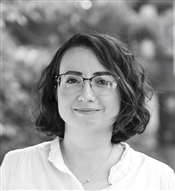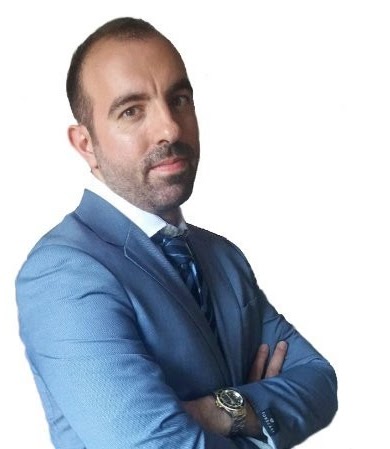Workshop Overview
Natural language processing (NLP) plays an essential role in several areas of software engineering (SE), and requirements engineering (RE) is no exception. Requirements are generally authored and communicated in textual form and different levels of formality, from structured (e.g., user stories) to unstructured natural language. In the last few years, the advent of massive and heterogeneous sources, such as tweets and app reviews, has attracted even more interest from the RE community, and the recent developments in large language models (LLMs) and generative AI have opened new opportunities for RE. LLMs will likely be the enabling technology for solving long-standing RE problems, such as traceability, classification, and compliance.
The main goal of NLP4RE is to represent a community- building venue for researchers who apply NLP technologies to solve RE problems and automatically support RE activities.
The NLP4RE Workshop is co-located with REFSQ'25. Check out the REFSQ'25 Conference here.
Contributions
The workshop welcomes contributions regarding both theory and application of NLP technologies in RE. We also encourage contributions that highlight challenges faced by industrial practitioners when dealing with requirements expressed in NL, and the experiences of academics in technology transfer.
We are interested in Tool Papers (see the Call for Papers), in which the authors provide a brief description of an NLP tool for RE, and a plan for a tool demo at the workshop.
We are also interested in Report Papers (see the Call for Papers), in which the authors provide an overview on the current and past research of their teams. These contributions do not require novelty with respect to previous work, because the main goal of the workshop is to foster discussion and networking.
Moreover, this year we encourage submissions discussing the following topics:
Large Language Models (LLMs) and RE
How traditional and recent RE tasks (e.g., issue classification, prompt engineering) can be solved with the new developments in LLMs and chat-based NLP solutions (e.g., ChatGPT, BARD, Bing Chat), and how RE can help the development of LLMs.Traditional vs. advanced NLP
Comparative analysis of automated solutions that solve RE tasks using traditional versus advanced NLP solutions (e.g., LLMs).Education
The integration of NLP4RE in the general RE educational programs, and how LLMs could change how we teach programming and other SE tasks.Ethical challenges in NLP4RE research
Studies on the impact of NLP4RE tools and techniques on humans and related ethical challenges.Replicability of NLP4RE
Studies that replicate NLP4RE tools as well as studies that survey the replicability of the NLP4RE research.Evaluation in NLP4RE
Studies on the evaluation of NLP4RE tools, including but not limited to analysis of the automation against human performance and collaborative modes combining human performance with automated solutions.
Specific topics of interest include but are not limited to:
- LLMs for RE and vice versa
- App Review analysis and classification
- Social media mining and analysis for RE
- Bug report mining and analysis for RE
- Requirements quality assurance and ambiguity
- Requirements tracing
- Requirements retrieval
- Model generation
- Test generation
- Ethics (e.g., bias, fairness, sustainability) in NLP4RE
- Bias/Fairness in NLP4RE
- NLP4RE education
- Information extraction from legal and policy documents
- Information extraction from requirements
- Dependency and relation extraction
- Domain-specific NLP for RE
- Automated requirements management
- Multi-modal requirements analysis
- Functional / Non-functional requirements categorization
- Formalization of informal requirements
- Question-answering for RE
- Summarization of requirements documents
- Speech-to-text and speech analysis in RE
- Requirements datasets
Call for Papers
Long Papers
10 pages (plus 2 pages for references). Submissions in this category may present novel technical solutions, evaluations of existing methods, or empirical studies. Empirical evaluations may include experiments, case studies, surveys, user studies, or other qualitative and quantitative analyses. Papers should focus on the application of NLP technologies to problems relevant to requirements engineering. Accepted long papers will be included in the proceedings of the workshop.
Short Papers
5 pages (plus 1 page for references). Submissions in this category can include vision papers, reports on ongoing projects or research group activities, tool papers, as well as new ideas or early-stage research. Short papers should aim to stimulate discussion by presenting emerging concepts or offering insights into innovative approaches related to the application of NLP technologies to requirements Engineering. Accepted short papers will be included in the proceedings of the workshop.
Conference-first Papers
1 page (including references), in which the authors present a paper previously presented at RE, REFSQ or ICSE. The contribution should briefly summarize the content of the original paper. These contributions are oriented to foster dissemination, and will not appear in the proceedings.
Format and requirements
Submissions should be written in English and submitted in PDF format (page size A4, single column) formatted according to the CEUR Proceedings Style:
- Overleaf CEURArt Template (please use 1-column style): https://www.overleaf.com/read/gwhxnqcghhdt
- CEUR Template Download: http://ceur-ws.org/Vol-XXX/CEURART.zip
It is required for at least one author of each accepted submission to register, attend the workshop and present their research to the workshop participants.
All papers will undergo a traditional single-blind peer-review process (3 reviews per paper) to check scientific soundness, adequacy to the workshop topics, and compliance with the required template. We plan to publish the accepted papers in the CEUR Proceedings, with ISBN number.

Keynote: Eric Knauss
Engineering Requirements at Scale: Automation is not the problem. How to avoid making it one?
Based on 10 years of research on how Requirements Engineering can support agile systems engineering at extreme scale (30 teams and more), we will reflect on why automation and NLP was never the problem. This is now changing however, as it becomes feasible for organizations at this scale to build their own language models and conversational AI agents. Based on previous failed attempts to roll out automation at companies, we will attempt to forecast risks of this new wave of automation.
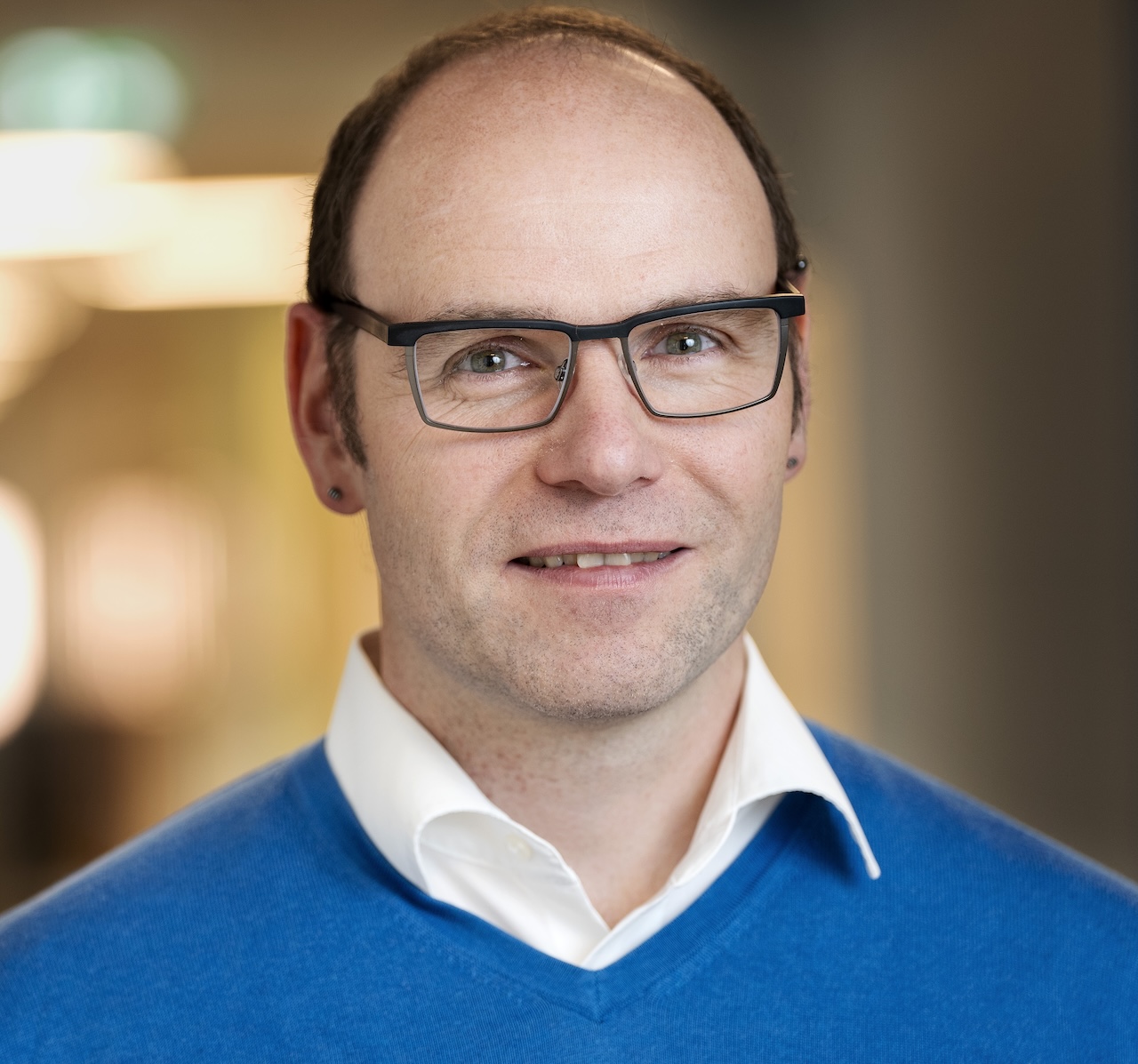
Eric is an Assistant Professor (Universitetslektor) at the Department of Computer Science and Engineering, Chalmers | University of Gothenburg. His research interests focuses on managing requirements and related knowledge in large-scale and distributed software projects. Research topics include Requirements Engineering, Software Ecosystems, Global and Cross-Organizational Software Development, and Agile Methods. Read more.

Invited Talk: Alessio Miaschi
Evaluating Linguistic Abilities of Neural Language Models
The field of Natural Language Processing (NLP) has witnessed remarkable advancements in recent years, driven largely by the shift from traditional approaches to state-of-the-art neural network-based algorithms. Among these, Large-scale Language Models (LLMs) have shown remarkable performance across a wide range of tasks and in generating coherent and contextually relevant texts. This improvement, however, comes at the cost of interpretability, since deep neural models offer little transparency about their inner workings and their abilities. In response, a growing body of research is dedicated to evaluating and interpreting LLMs, aiming to shed light on the inner workings and linguistic abilities encoded by these systems. This talk explores recent studies that shed light on these abilities, highlighting how such insights enhance our understanding of model behaviour across various applications.
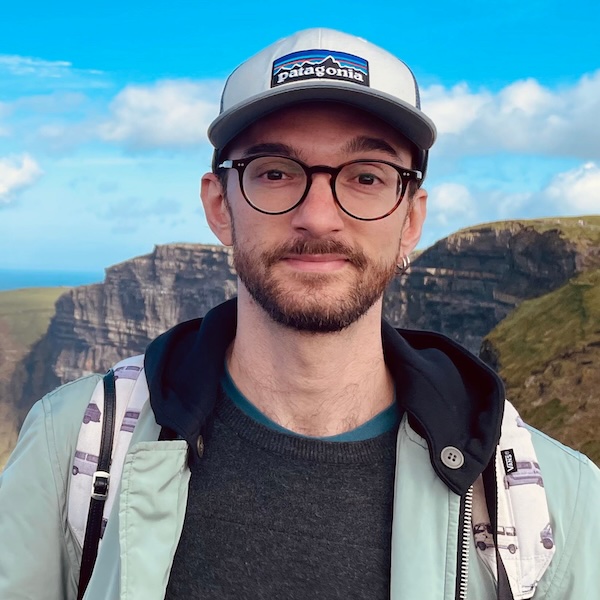
Alessio Miaschi is a full-time researcher (RTD) at the ItaliaNLP Lab from the Institute for Computational Linguistics “A. Zampolli” (CNR-ILC, Pisa). He received his Ph.D. in Computer Science from the University of Pisa in 2022 with a thesis focused on the definition of techniques for interpreting and understanding the linguistic knowledge implicitly encoded in recent state-of-the-art Neural Language Models. His current research interest mainly focuses on the interpretability of large-scale Language Models (LMs) and in the evaluation of their internal representations, with a specific emphasis on understanding their inner linguistic abilities. Moreover, he worked on the definition of NLP tools for educational applications. Read more.
Program: Monday, April 7th, 2025
Session 1 (9:00 - 10:30)
-
9:00 - 9:20 - Workshop opening
-
9:30 - 10:30 - Keynote – Engineering Requirements at Scale: Automation is not the problem. How to avoid making it one? by Eric Knauss.
Coffee Break (10:30 - 11:00)
Session 2 (11:00 - 12:30)
-
11:00 - 11:30 - Open Challenges in NLP for NFRs: A Focus on Semantics, Generalization, and Interpretability by Rrezarta Krasniqi.
-
11:30 - 12:00 - From Inductive to Deductive: LLMs-Based Qualitative Data Analysis in Requirements Engineering by Syed Tauhid Ullah Shah, Mohamad Hussein, Ann Barcomb and Mohammad Moshirpour.
-
12:00 - 12:30 - Evaluating the Capabilities of LLMs in Traceability Maintenance for Automotive System and Software Requirements by Vibhashree Hippargi, Erik Kamsties and Jürgen Naumann.
Lunch (12:30 - 14:00)
Session 3 (14:00 - 15:30)
-
14:00 - 15:00 - Invited Talk – Evaluating Linguistic Abilities of Neural Language Models by Alessio Miaschi.
-
15:00 - 15:30 - Mining App Reviews for User Feedback Analysis in Requirements Engineering: A Project Report by Quim Motger, Marc Oriol Hilari, Max Tiessler, Xavier Franch and Jordi Marco.
Coffee Break (15:30 - 16:00)
Session 4 (16:00 - 17:30)
-
16:00 - 16:30 - Low-level Hardware Requirement Classification Using Large Language Models: Challenges, Insights, and Future Directions for Embedded Control Systems by Ekrem Bilgehan Uyar, Ali Ergin Gürsoy, Cemil Gökçe and Tuğba Taşkaya Temizel.
-
16:30 - 17:30 - Session on Handbook on Natural Language Processing for Requirements Engineering by Alessio Ferrari and Gouri Ginde.
